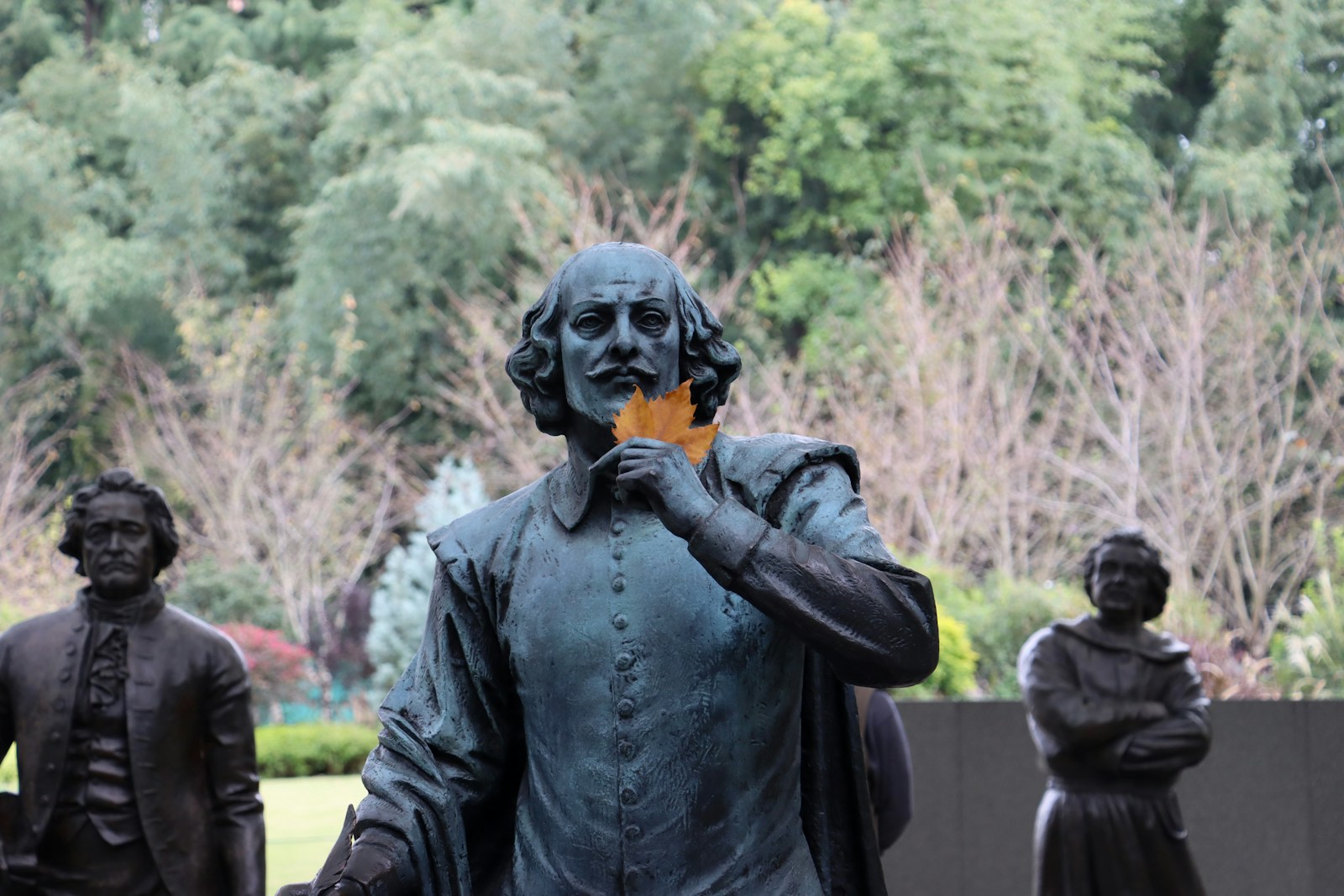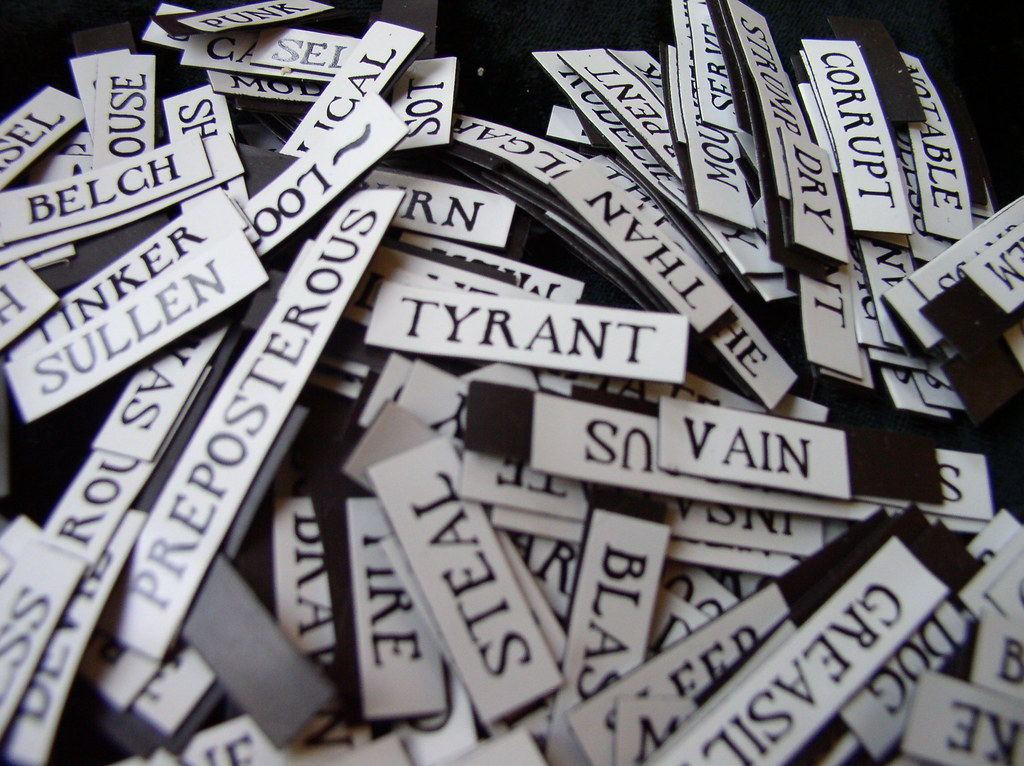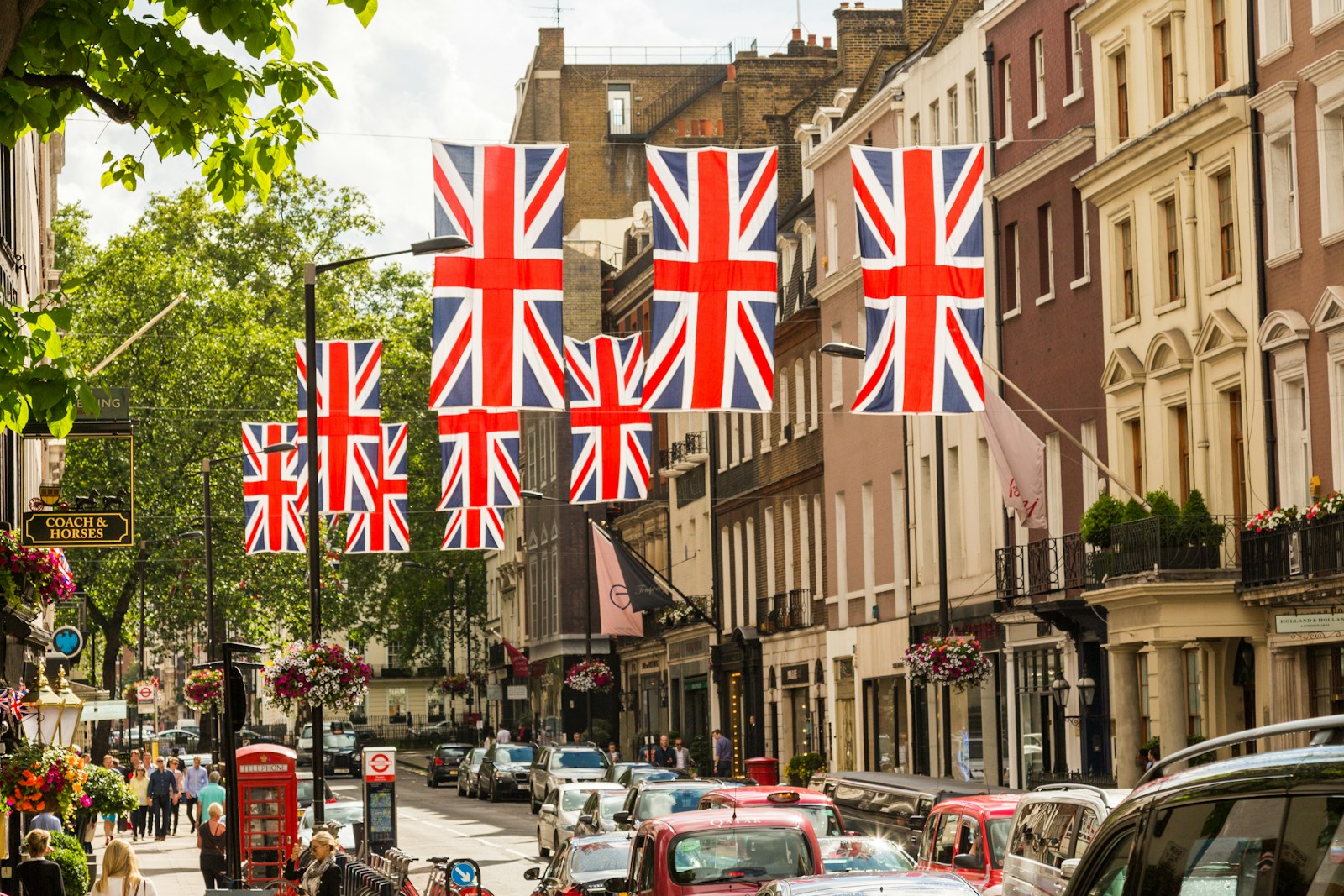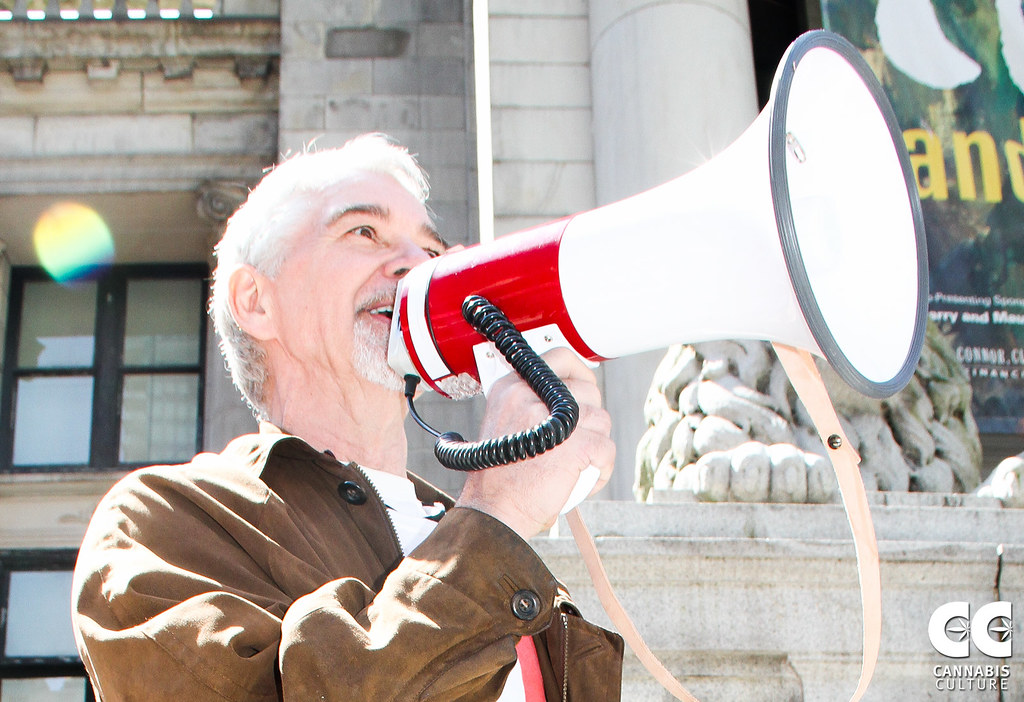The Most Beautiful British Words That Have Fallen Out of Use
Language is a living, breathing entity that evolves with time, shaped by culture, technology, and societal changes. In the rich tapestry of the English language, there are countless words that were once cherished but have faded from common use. This article will take you on a whimsical journey through some of the most beautiful British words that have fallen out of favor, evoking nostalgia and a dash of delight. Grab a cup of tea and prepare to explore the lyrical charm of bygone vocabulary!
A Walk Down Memory Lane
As we dive into the world of forgotten words, it’s essential to reflect on the significance of language. Words are not just mere tools for communication—they carry emotion, history, and even the spirit of an era. While it’s natural for language to evolve, losing certain words can feel like losing a piece of cultural heritage. The following list celebrates the beauty and grace of words that deserve a revival!
1. Gubbins
Oh, gubbins! This delightful little word once meant “a small object or gadget.” It’s the sort of term that might have appeared in a Victorian gentleman’s pocket or in a child’s playful conversation about their collection of bits and bobs. It encapsulates the charm of everyday life, where gubbins were treasures waiting to be discovered. Imagine rummaging through a drawer and triumphantly holding up a gubbins—a button, a tiny toy, or a piece of string. The word is whimsical, fun, and rich with character.
2. Petrichor
A word that conjures images of fresh rain on parched earth, petrichor is the unique scent that arises when rain falls on dry soil. Though it has seen a resurgence in recent years, it still lacks the widespread appreciation it deserves. There’s something poetic about being able to express that delightful aroma with a single term. Next time you step outside after a rain shower, take a moment to breathe in the petrichor and let it transport you to a serene, peaceful state.
3. Sough
This word refers to a gentle murmuring or rustling sound, often associated with the wind or water. It encapsulates a certain tranquility, evoking images of a breeze softly swaying through trees or a brook babbling over stones. Sough possesses a soothing quality, and it’s a reminder of the beauty of nature and the soft sounds that often go unnoticed. Next time you’re outside enjoying a quiet moment, you can think to yourself, “What a lovely sough there is today!”
4. Lollygag
One of the most fun and playful words on our list, lollygag means to spend time aimlessly or to dawdle. It’s a term that encapsulates the essence of childhood, where one might be found wandering through a field or getting lost in daydreams. The sound of the word itself is light and whimsical, bringing a smile to the lips. Embracing a little lollygagging can remind us of the importance of slowing down and savoring life’s delightful moments.
5. Fudgel
This lesser-known gem is particularly amusing, as it means to pretend to be busy while actually doing nothing at all. Fudgel captures the art of looking productive while your mind wanders elsewhere. We’ve all been guilty of fudgeling, whether at work, school, or home. It’s a reminder that sometimes, we need to take a mental break, even if it means not appearing completely engaged in our tasks.
6. Cromulent
Though relatively modern, the word cromulent gained popularity through pop culture and is a charming addition to our list. It means “acceptable” or “fine.” The word has a certain playful ring to it, making it feel like a delightful secret between those who know it. It’s the kind of word you might use when describing a mediocre meal or an average movie—”Well, it was cromulent!” Its quirky sound and lighthearted meaning make it a perfect candidate for revival.
7. Quaintrelle
This enchanting term refers to a woman who emphasizes a life of passion and style, one who embraces beauty and elegance. Quaintrelle evokes images of fashionable ladies in flowing gowns, gracefully navigating the streets of a charming town. In a world that often prioritizes practicality, it’s a beautiful reminder to embrace one’s individuality and express oneself through art, fashion, and lifestyle. Here’s to the quaintrelles of the world—may they inspire us all!
8. Whimsy
While not entirely fallen out of use, whimsy often gets overshadowed by its more serious counterparts. This word embodies playfulness and imagination, evoking images of delightful eccentricities. Think of a whimsical garden filled with fantastical creatures, or a storybook world where anything is possible. In our often serious lives, it’s essential to indulge in the whimsy around us—be it through art, literature, or daydreams.
9. Bespoke
Though still used in certain contexts, bespoke is often relegated to the world of fashion, specifically tailored clothing. Originally, it meant something that was “specifically made for an individual.” The beauty of bespoke lies in its personalization and attention to detail. In a world increasingly filled with mass-produced items, embracing bespoke experiences—from one-of-a-kind clothing to custom-made gifts—can add a special touch to our lives.
10. Zugzwang
This intriguing word comes from the world of chess and describes a situation where one is forced to make a move that will worsen their position. While it may sound niche, zugzwang encapsulates the feeling of being caught in a dilemma where every option feels less than ideal. It’s a reminder that life often presents us with tough choices, and sometimes, we must navigate through them, even when we wish we could stay put.
The Charm of Resurrecting Forgotten Words
As we’ve journeyed through the delightful landscape of fallen British words, it becomes clear that language is more than just a means of communication. These words, with their rich histories and beautiful sounds, can add color and texture to our conversations. Resurrecting forgotten words can not only enrich our vocabulary but also connect us to the past and the cultural nuances of earlier times.
In an age where brevity and efficiency often dominate our language—thanks to texting, social media, and fast-paced communication—taking the time to incorporate these charming terms can breathe new life into our conversations. Imagine delighting friends with an unexpected “gubbins” or sharing the aroma of “petrichor” after a rainstorm. These words can serve as delightful conversation starters, sparking curiosity and laughter.
Conclusion: A Call for Linguistic Rediscovery
In conclusion, the most beautiful British words that have fallen out of use hold a special place in the grand narrative of the English language. They remind us of the beauty of expression and the joy of communication. Perhaps the next time you find yourself at a loss for words, consider reaching into this treasure trove of forgotten vocabulary.
Let’s champion the revival of these charming terms and encourage each other to explore the linguistic landscape that surrounds us. After all, language is not just a tool; it’s a living art form that deserves to be celebrated, cherished, and shared. So, go ahead and sprinkle some gubbins into your day, enjoy a bit of whimsy, and embrace the beautiful complexity of the English language!









